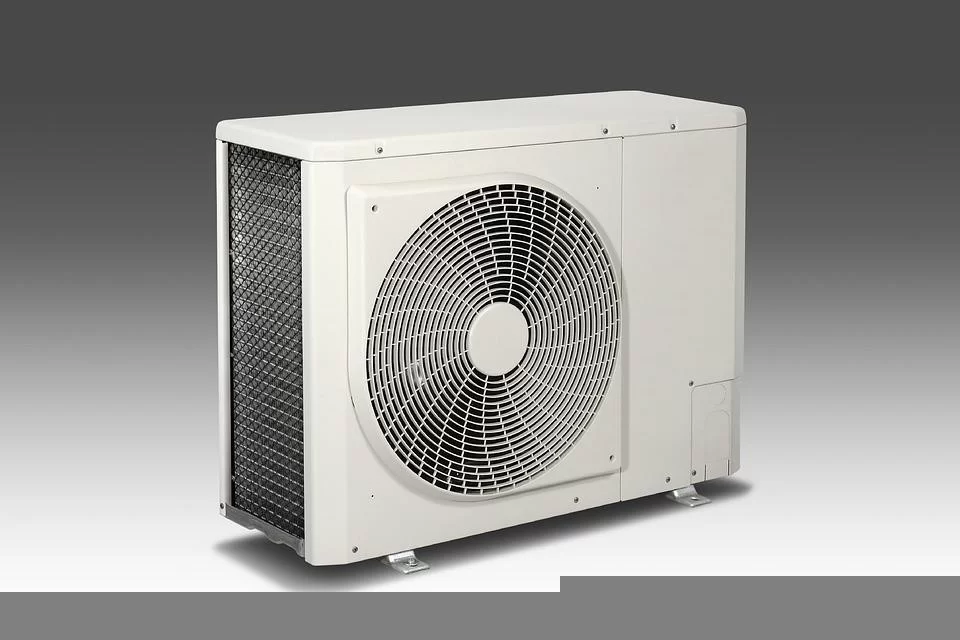If you are having trouble with your air conditioning unit, you may need to troubleshoot the problem. You may need to fix a tripped breaker, check for leaks, or fix a failed compressor unit. You may even need to check the air filter.

Tripped AC circuit breakers can be caused by a few different things.
One common cause is an electrical issue with the AC unit itself. This problem may result from a loose connection, a failed capacitor, or even a short in the wiring. If you cannot find the cause of the problem, you should call a professional like the ones at AC repair in Taylor MI to assess the situation for you. They will be able to perform the assessment safely.
Another reason the breaker is tripped is that the AC unit has overdrawn its power supply. To fix this, replace the breaker or tighten its connections. In either case, make sure that the breaker is big enough for the amps your AC unit draws.
If you are unable to reset the circuit breaker on your AC, you should call a professional to do the job. This is because the process of repairing an AC unit involves working with high voltage, and it is extremely dangerous. In fact, there are 24000 reported residential electrical fires in the United States each year.
A tripped AC circuit breaker can also be caused by high refrigerant pressure. This happens when the compressor runs too hard and draws too much electricity. The breaker will not trip immediately but will continue to trip for a period of time.
Tripped AC circuit breakers can also be caused by wires that have deteriorated over time. This can cause a shortage in the wiring and harm your home’s electrical system. It can also lead to a fire if the wires are overheated. Therefore, it is important to know how to fix a tripped AC circuit breaker.
To fix the breaker yourself, you can first check the electrical connection between the AC unit and the breaker. If you are unable to identify the exact problem, you can simply reset the circuit and see if that fixes the problem. However, if this does not fix the problem, you should call a professional.
Read Also:
When troubleshooting your HVAC unit, it is important to check for leaks. These are the most common cause of water coming out of an HVAC unit. These can be caused by a clogged drain pan, blocked condensate line, or a plugged air filter. A certified technician should resolve leaks in your HVAC unit.
The leak should be large enough to cause an immediate drop in pressure. When you detect a large leak, you can turn back on the gas and attempt to locate the leak. If you cannot locate the leak, you can try using a garden hose to look for air bubbles.
Another cause of leaks is a broken copper tube. These can corrode, crack, or even break. These leaks can cause a leak of refrigerant. Click here for more information about refrigerant leaks. In particular, high-usage climates can cause the pipes to wear out faster.
Leaks in an HVAC unit can be caused by a variety of factors. Some of the reasons may not be immediately apparent, so it is best to call an HVAC technician for an evaluation. Some leaks may be easy to fix, while others may be more complicated.
Leaking HVAC units are often a sign of a mechanical problem with your HVAC unit. In most cases, leaking HVAC units are caused by improper maintenance. A leak may also be caused by a clogged drain line. Standing water in your air conditioner can damage the surrounding area.
If you suspect that the compressor unit has failed, you should first check the motor’s resistance. To do this, connect a basic multimeter to the unit’s terminals and run a continuity test.
You need a reading of about thirty ohms or less. If the reading is high, the compressor has a faulty motor. In this case, the compressor unit needs to be replaced.
Checking for a failed compressor unit is critical if you notice that your air conditioner is not working. When a compressor fails, it cannot figure out when to turn it on or off properly.
You will notice abnormally warm air flowing out of the unit, even during cool weather. Depending on the cause of the problem, you may need to call a repair professional to check the compressor unit.
The compressor is the heart of the air conditioning system, and it is the most commonly misdiagnosed component. A typical service call can cost more than $100, so you will need to be extra careful when troubleshooting a compressor. Fortunately, there are several ways to troubleshoot a compressor to prevent it from failing.
If you have recently noticed an increase in your electricity bill, the problem may be related to the compressor unit. If the compressor unit is failing, you will need to replace the entire air conditioning unit, which can be expensive. You can also try checking the unit’s voltage using a voltage sniffer.
If you notice a clicking or ticking noise when starting your air conditioner, the compressor may have failed. To determine if your compressor is failing, check the capacitors that control the compressor’s voltage. If they are healthy, replacing a failed compressor is not too expensive.